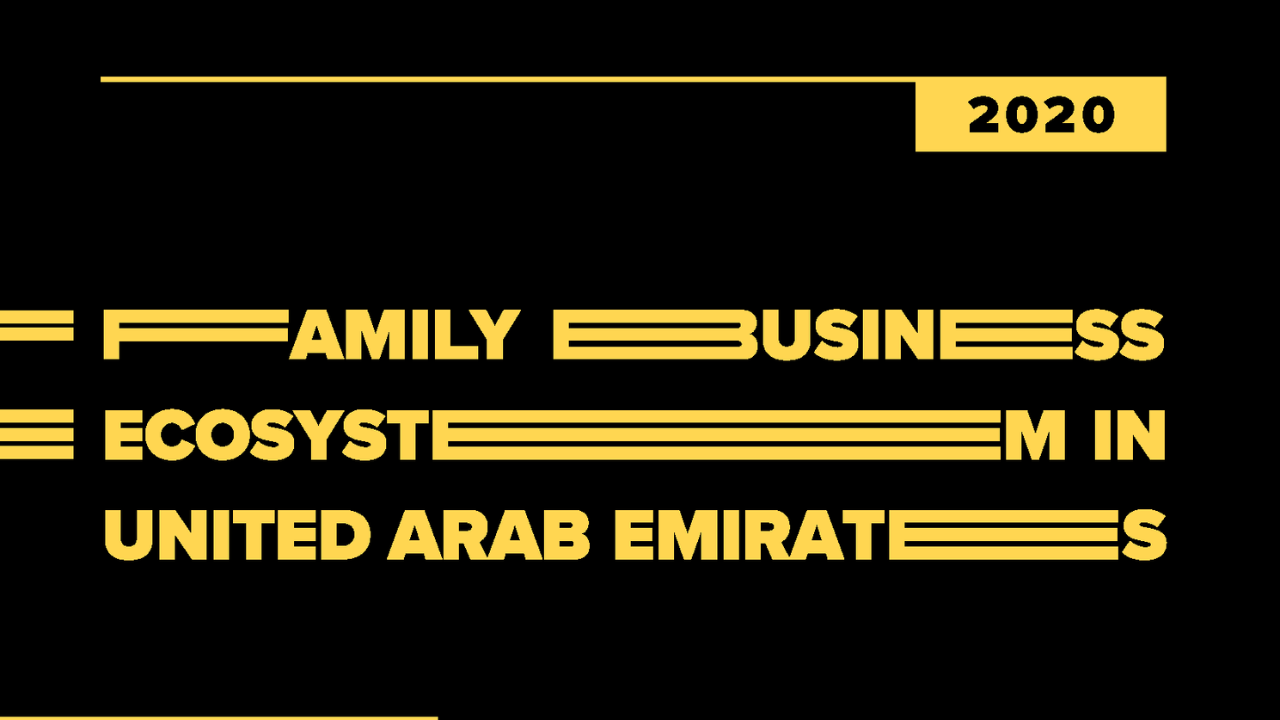Introduction
The past, present, and future of the United Arab Emirates is intrinsically linked to, if not dependent on, the regional family businesses and their entrepreneurial business families. The future economic and social development of the UAE is reliant on the private sector, which is mainly composed of family firms, to adapt their business models and family models in order to accommodate the national, regional, and international challenges. Family firms have been the main vehicle for the UAE State to participate in the UAE’s shift from a natural resource based economy, anchored to the oil and gas extraction, to the current diversified economic structure dominated by logistic/transport, tourism, real estate, and financial service sectors. Although the economy of the UAE is prospering, its future depends on the behavior of the youth and their ability to embrace a new diversified model of economic development and to draw upon the entrepreneurial dynamism of local family firms in order to adapt their business models to the future knowledge-based economy. In this sense, the next generations of the family business members are the key economic and social actors to lead sustainable family firms across generations.
In an attempt to explore the demographics of family firms, the Sheikh Saoud bin Khalid bin Khalid Al-Qassimi Chair in Family Business at American University of Sharjah and Pearl Initiative have led and coordinated the STEP project (Successful Transgenerational Entrepreneurship Project) in the UAE. More than 1800 family firms answered the STEP survey around the world. This report aims to reveal the specific patterns of UAE family firms by describing their characteristics and behaviors. Additionally, we compare our UAE family firm sample with their counterparts in other Arab countries and the rest of the world. We believe that developing a profile of UAE family firms and compare it with their counterparts around the world could put into perspective the UAE family firm’s ownership, governance, and management. It could also help firms learn from the best practices around the world and highlight the strengths and weaknesses that would require actions and proactive attitude for upcoming business family generations. We expect our report to contribute to the process of generating a family entrepreneurial ecosystem in the UAE by mapping family firm behavior, raising the awareness about the importance of the cultural and institutional environments to support entrepreneurial families, and providing policymakers with information that could be useful to tailor strategic public policies to promote and protect family business legacies in the UAE.
Authors:
- Dr. Rodrigo Basco
- Yasmine Omari
- Layan Abouchkaier

